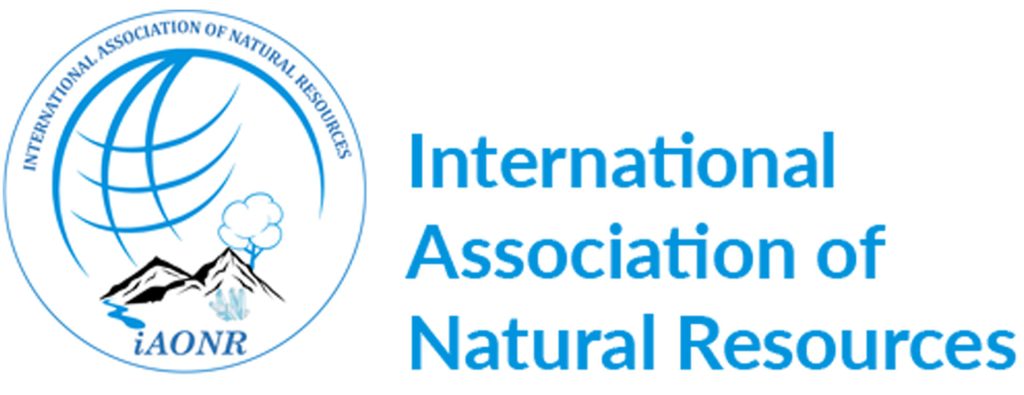About BREM
The Branch of Resources Economy and Management (BREM) is a pivotal organization dedicated to advancing the sustainable and equitable governance of natural resources through economic analysis, policy innovation, and strategic management frameworks. By integrating principles of economics, environmental science, and governance, BREM addresses the complex interplay between resource utilization, economic development, and ecological resilience. Its work ensures that resource decisions balance short-term economic gains with long-term sustainability, fostering prosperity for both people and the planet.
- Key Importance of BREM:
- Sustainable Resource Allocation:
BREM develops economic models and tools to optimize the use of finite resources (e.g., minerals, water, energy) while minimizing environmental degradation and ensuring intergenerational equity.
- Policy and Governance Innovation:
It provides evidence-based recommendations to governments and institutions, shaping policies that promote circular economies, carbon pricing, and responsible resource extraction.
- Economic Resilience and Risk Management:
By analyzing global market trends, supply chain vulnerabilities, and climate-related financial risks, BREM helps industries and nations build adaptive strategies for resource security.
- Balancing Stakeholder Interests:
BREM mediates conflicts between economic development, environmental conservation, and social equity, ensuring inclusive decision-making for marginalized communities and indigenous groups.
- Driving Green Investment:
It advocates for financial mechanisms (e.g., green bonds, ESG criteria) to channel capital toward sustainable infrastructure, renewable energy, and resource-efficient technologies.
- Global Collaboration:
BREM fosters international dialogue to address transboundary resource challenges, such as shared water basins, energy transitions, and mineral supply chains critical to decarbonization.
- Core Business Activities:
- Economic Research and Modeling:
Conducting cost-benefit analyses, ecosystem service valuations, and scenario planning for resource management.
Developing dynamic models to assess the impacts of climate change, population growth, and technological shifts on resource economies.
- Policy Advisory and Advocacy:
Drafting policy briefs on carbon taxation, subsidy reforms, and circular economy frameworks for governments and multilateral agencies (e.g., World Bank, UNEP).
Advising on trade agreements and regulations to prevent resource exploitation and ensure fair distribution of benefits.
- Capacity Building and Training:
Offering workshops and certification programs on resource economics, sustainable supply chain management, and environmental accounting.
Training policymakers and corporate leaders in integrating ESG (Environmental, Social, Governance) principles into strategic planning.
- Stakeholder Engagement and Collaboration:
Facilitating multi-stakeholder platforms to align industries, NGOs, and communities on sustainable resource governance.
Partnering with financial institutions to design incentive structures for green investments and sustainable practices.
- Resource Efficiency and Innovation:
Promoting technologies and business models that reduce waste, enhance recycling (e.g., urban mining), and decouple economic growth from resource consumption.
Supporting startups in cleantech, resource recovery, and sustainable agriculture through incubators and funding networks.
- Risk Assessment and Resilience Planning:
Mapping resource-related risks (e.g., water scarcity, mineral shortages) and developing adaptation strategies for industries and regions.
Creating frameworks for climate-resilient infrastructure and disaster-responsive resource allocation.
- Public Awareness and Ethical Advocacy:
Launching campaigns to highlight the true cost of resource extraction (e.g., ecological footprints, social inequalities) and promote ethical consumption.
Engaging media and educational institutions to mainstream resource economy concepts in public discourse.
- Global Standards and Metrics:
Contributing to international standards for measuring resource productivity, circularity, and sustainability (e.g., ISO certifications, SDG indicators).
Developing dashboards to track progress toward national and global resource efficiency targets.
- Case Studies and Best Practices:
Documenting successful models of sustainable resource management (e.g., community-based forestry, renewable energy transitions) for replication worldwide.
Publishing annual reports on emerging trends in resource economics and governance.
The Branch of Resources Economy and Management (BREM) stands at the intersection of economic vitality and planetary boundaries, ensuring that resource governance aligns with the imperatives of sustainability, equity, and resilience. By merging rigorous economic analysis with innovative management strategies, BEMP empowers decision-makers to navigate the complexities of a resource-constrained world. Its work not only safeguards ecosystems and livelihoods but also redefines prosperity in the 21st century—prioritizing long-term well-being over short-term gains. Through collaboration, education, and policy leadership, BREM paves the way for a future where economic systems thrive in harmony with Earth’s finite resources.
Co-Chairs:
Jinkai LI, Beijing University of Science and Technology, China
Email:
Yueming QIU, University of Maryland, USA
Email:
Board Members:
(The list is arranged in alphabetical order and updated)
| Gang HE | New York University Stony Brook | USA | gang.he@stonybrook.edu |
| Deyi XU | School of Econimics and Management | CHN | xdy@cug.edu.cn |
| Jian’ge TAO | Zhongyuan University of Technology | CHN | 5597@zut.edu.cn |
| Kai FANG | Zhejiang University | CHN | fangk@zju.edu.cn |
| Shan WANG | College of Desert Control Science and Engineering | CHN | wangshan223@sina.com |
| Li HE | Henan University of Engineering | CHN | 641438407@qq.com |
| Shuai ZHONG | Institute of Geographic Sciences and Natural Resources Research, CAS | CHN | zhongshuai@igsnrr.ac.cn |
| Shuai SHAO | School of Economics and Management, Tongji University | CHN | shaoshuai8188@126.com |
| Xiaoying WANG | China University of Geosciences (Wuhan) | CHN | wxy@cug.edu.cn |
Under construction
Some websites highly related with this branch:
Any iAONR member can join this section. Log in to your iAONR account in order to sign up.
Are you not a member yet? Find out more about iAONR membership and become a member now!
